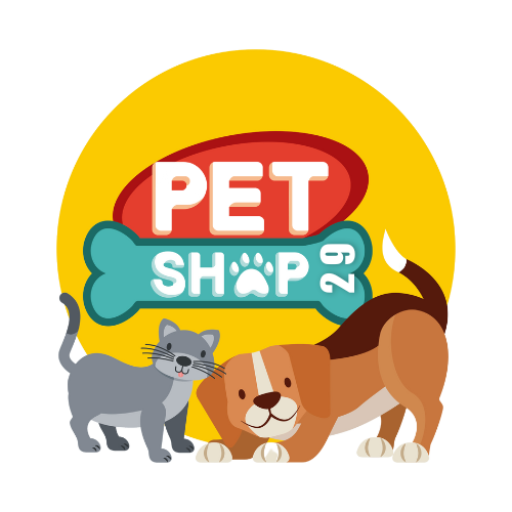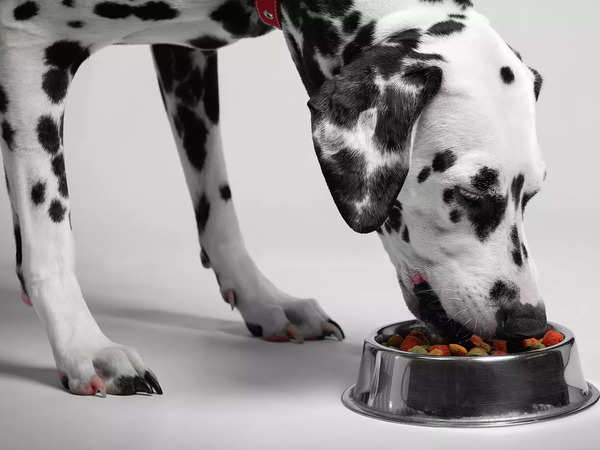Pitbulls are known for their strength, energy, and muscular build. To maintain their health and vitality, it is crucial to provide a balanced and nutritious diet. Here is a comprehensive guide to creating the optimal diet plan for your Pitbull.
Understanding Nutritional Needs
Pitbulls require a diet rich in proteins, healthy fats, vitamins, and minerals to support their active lifestyle. The right balance of nutrients will ensure they maintain lean muscle mass, a healthy coat, and overall well-being.
High-Quality Protein
Proteins are the building blocks of muscles, and Pitbulls need a high-protein diet to sustain their muscular physique. Include lean meats like chicken, turkey, beef, and fish in their meals. Eggs are also an excellent source of protein. Aim for a diet that consists of at least 25-30% protein.
Healthy Fats
Fats are essential for providing energy and maintaining healthy skin and coat. Incorporate sources of healthy fats such as fish oil, flaxseed oil, and chicken fat. Omega-3 and Omega-6 fatty acids are particularly beneficial for Pitbulls.
Carbohydrates
While proteins and fats are crucial, carbohydrates provide the necessary energy for your Pitbull’s daily activities. Opt for complex carbohydrates like sweet potatoes, brown rice, and oatmeal, which offer sustained energy release and are easier to digest compared to simple carbs.
Vitamins and Minerals
A well-rounded diet must include essential vitamins and minerals. Fruits and vegetables like blueberries, spinach, carrots, and pumpkin can provide these nutrients. These additions also supply antioxidants that support your Pitbull’s immune system.
Feeding Schedule
Pitbulls thrive on a consistent feeding schedule. Adult Pitbulls should be fed two meals a day, while puppies may require three to four meals daily. Establish regular feeding times to promote good digestion and prevent overeating.
Portion Control
Monitoring portion sizes is vital to prevent obesity. The amount of food your Pitbull needs can vary based on their age, weight, activity level, and overall health. As a general guideline, adult Pitbulls typically require about 1.5 to 2.5 cups of high-quality dry dog food per day, divided into two meals.
Hydration
Always ensure your Pitbull has access to fresh, clean water. Proper hydration is essential for digestion, nutrient absorption, and overall health.
Avoid Harmful Foods
Certain foods are harmful to dogs and should be avoided. These include chocolate, grapes, raisins, onions, garlic, and foods high in salt and sugar. Also, steer clear of processed and fatty human foods that can lead to digestive issues and obesity.
Supplementation
In some cases, dietary supplements may be beneficial, especially for Pitbulls with specific health concerns or deficiencies. Common supplements include glucosamine for joint health, probiotics for digestive support, and fish oil for skin and coat health. Always consult your veterinarian before introducing any supplements.
Raw and Homemade Diets
Some Pitbull owners prefer raw or homemade diets. If you choose this route, ensure the diet is balanced and meets all your dog’s nutritional needs. Consulting with a veterinarian or a pet nutritionist is crucial to avoid nutrient deficiencies.
Monitoring and Adjusting the Diet
Regularly monitor your Pitbull’s weight, energy levels, and overall health. Adjust their diet as needed based on their life stage, activity level, and any health changes. Annual veterinary check-ups can help assess your dog’s nutritional status and make necessary dietary adjustments.
Conclusion
Feeding your Pitbull a balanced and nutritious diet is key to their health and vitality. By understanding their nutritional needs, providing high-quality ingredients, and maintaining a consistent feeding schedule, you can ensure your Pitbull stays healthy, active, and happy. Always consult with your veterinarian to tailor the diet plan to your dog’s specific needs and circumstances.
By following this guide, you can create an optimal diet plan that supports your Pitbull’s overall well-being and enhances their quality of life.


Leave a Reply